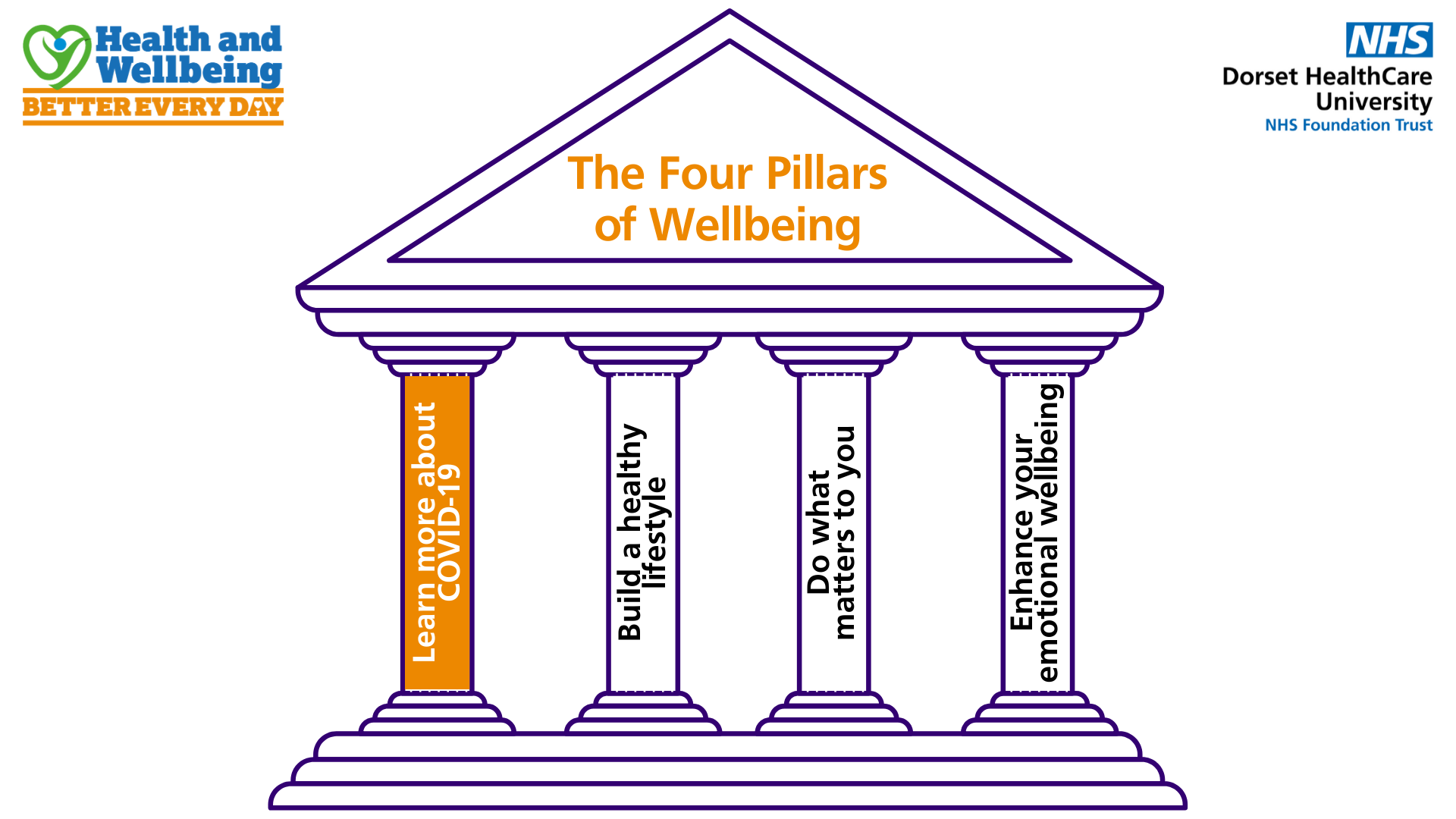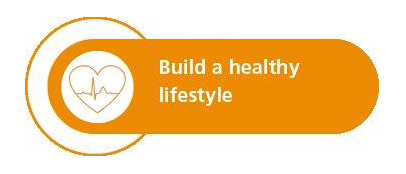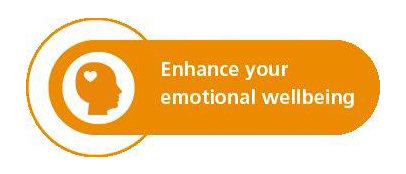Learn more about COVID-19

Understand how COVID-19 works
- Get the latest NHS information and advice about coronavirus (COVID-19)
- Learn about coronavirus (COVID-19) symptoms and what to do
Dispelling myths or misunderstandings about COVID-19
Reduce worry and agitation by lessening the time that you and your family spend watching or listening to media coverage that you find upsetting.
There is also a lot of misinformation circulating, so be careful to access information from trustworthy sources, such as Public Health England.
The Government has recently launched a Coronavirus Information Service on WhatsApp - this free to use automated 'chatbot' service aims to provide official, trustworthy and timely information and advice and myth busting.
If you'd like to use the GOV.UK Coronavirus Information Service on WhatsApp:
- add 07860 064422 in your phone contacts
- message the word 'hi' in a WhatsApp message to get started
- receive a set of menu options to choose from
The World Health Organization also has a dedicated Coronavirus Myth Busters page which dispels many of the rumours circulating.
And here's a BBC news piece - Coronavirus: Here's how you can stop bad information from going viral
How we should be behaving
How to stop infection spreading
There are things you can do to help reduce the risk of you and anyone you live with getting ill with coronavirus.
Do
- wash your hands with soap and water often – do this for at least 20 seconds
- use hand sanitiser gel if soap and water are not available
- wash your hands as soon as you get home
- cover your mouth and nose with a tissue or your sleeve (not your hands) when you cough or sneeze
- put used tissues in the bin immediately and wash your hands afterwards
Don't
- touch your eyes, nose or mouth if your hands are not clean
There is separate advice:
- if you're at high risk of getting seriously ill from coronavirus
- about self-isolation if you or someone you live with has symptoms of coronavirus
Home working
If you're working from home remember that your home computer equipment is a breeding ground for germs.
Best practice advice is to wipe before and after daily use. Any brand of antibacterial wipes is sufficient for this process.
Easy Read resources
The Trust's Learning Disabilities Dorset website has a number of links to some excellent Easy Read and video resources.
Come to terms with the impact of COVID-19
Diabetes support
People with diabetes are particularly vulnerable to becoming ill with COVID-19. So during the outbreak extra support is available online from the NHS and Diabetes UK. Our diabetes nurses have also set up a Diabetes helpline for staff and patients on 01305 363057 (the answerphone is regularly monitored during the day) and dhc.dsn@nhs.net.
The team can offer support and advice, including the latest guidance on diabetes medications and what to do if you have diabetes and coronavirus symptoms.
These leaflets from TREND-UK and Novo Nordisk explain what to do if you have Type 1 diabetes or Type 2 diabetes, and are ill.
Our lives have been transformed in the light of COVID-19. Simple things we took for granted a short while ago are now no longer possible and it's natural for us to find this unsettling.
Most of us are now working from home, which brings with it its own challenges. Our Steps2Wellbeing service has produced this excellent guide with loads of tips on how we can best maintain our mental and physical wellbeing during this time.
The service has also produced Coping with COVID - staying strong & hopeful within challenging times. Within this guide you'll find a collection of tools and techniques to help you cope with the challenges we're all facing at the moment with resilience and hope.
Build your COVID-19 support team
Peer carer support for mental health carers
If you are a mental health carer and need support, information and someone to talk to that understands, please get in touch with the Dorset Mental Health Forum's peer carer specialists via email or phone.
Call 01305 340045 on Monday, Thursday, and Friday or 01202 373305 on Tuesday and Wednesday between 10.30am and 4.30pm.
You can leave a voicemail at any other time by calling 01305 340045. Please leave your name and contact details and someone will get back to you.
If you have a medical condition that makes you extremely vulnerable to coronavirus
Register to receive government support, for example help getting deliveries of essential supplied like food. The site explains what is meant by 'extremely vulnerable'. You can register yourself, or on behalf of someone else.
Support for people experiencing domestic abuse
We recognise that the current advice on social distancing and household isolation will have a direct impact on those experiencing domestic abuse and can be used as tool of coercive and controlling behaviour. This poster, produced by Dorset Police, lists national and local helplines for you to contact if you have any concerns.
Support for people with a learning disability
Mencap - 'everything we do is about valuing and supporting people with a learning disability, and their families and carers'.
Beware of fake news
Too much information can be overwhelming. Keep work-related COVID updates to key times. Take breaks from watching, reading or listening to the news and social media.
Beware of fake news: get information from trusted sources, such as gov.uk, nhs.uk and Public Health England and and focus on facts, not speculation.


 Mental health and wellbeing advice
Mental health and wellbeing advice
